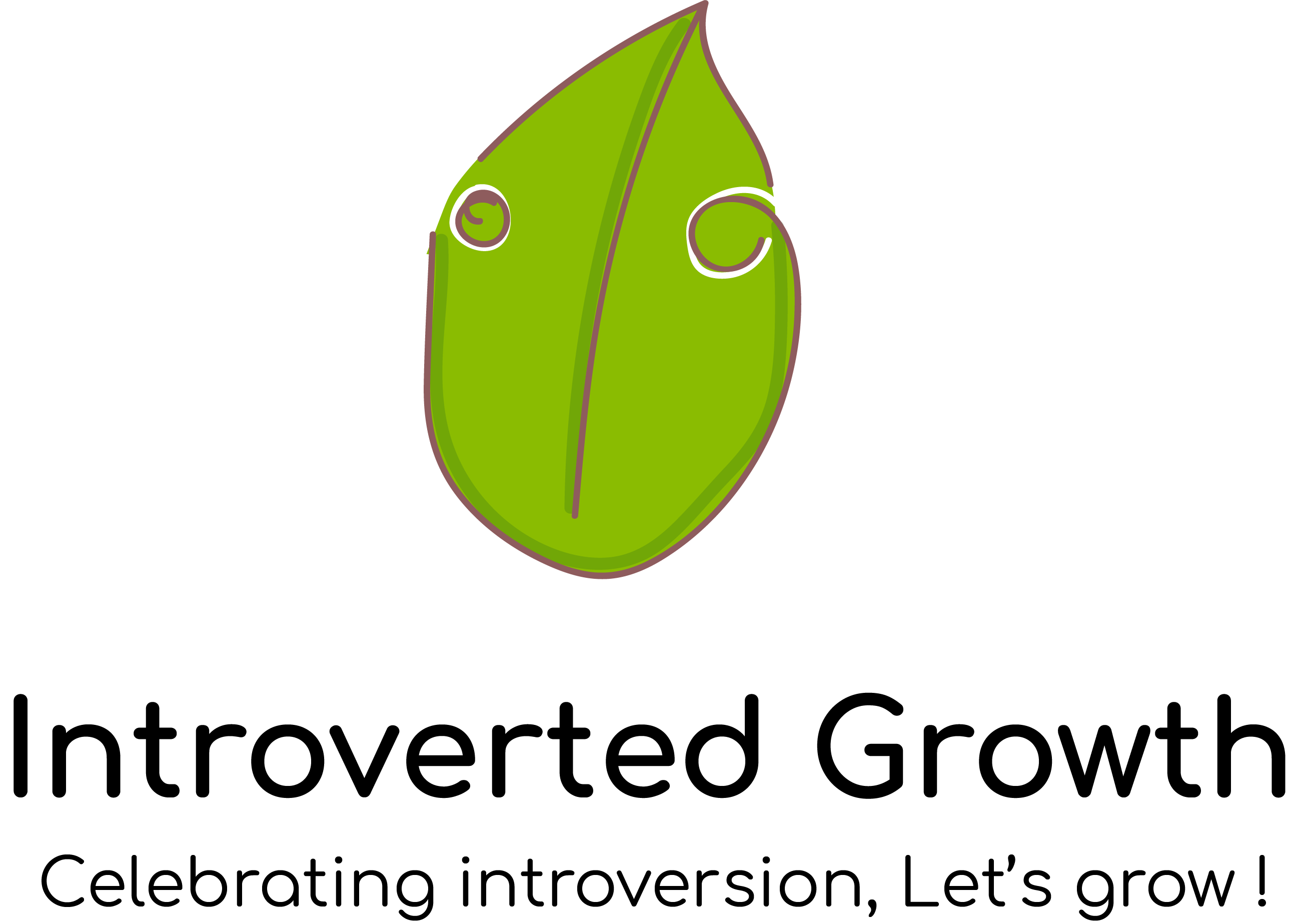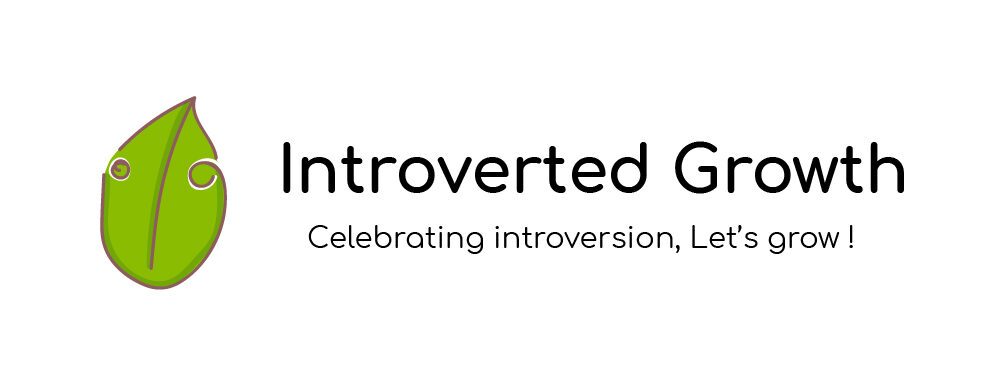If you’re an INTP, you know that books are one of the best ways to learn and grow. You may also know that it can be tough to find the right books to read. That’s why we’ve put together this list of the 23 best books for INTPs. I really hope you find something new and interesting to read!
Let’s start with my top selection of self help books that I really think every INTP should read.
Self Help Books For INTPs
-
The INTP Quest by Dr. A.J. Drenth
This is an excellent book for INTPs who want to learn more about themselves. It explores INTPs’ search for their core self, purpose, and philosophy.
what I like about this book is that it’s written specifically for INTPs, so it’s a great resource if you want to learn more about your personality type.
-
INTP: Understand and Break Free from Your Own Limitations by Matthew Brighthouse
This book is perfect for INTPs who want to learn more about how to overcome their limitations. It provides INTPs with the tools they need to understand and break free from their own limitations.
-
The INTP: Personality, Careers, Relationships, and Quest for Truth and Meaning by Dr. A.J. Drenth
If you’re looking for a comprehensive book about INTPs, this is the one to read. It explores INTPs’ personality, career options, relationships, and more.
-
Toward a Psychology of Being by Abraham H. Maslow
This is another great book for INTPs who want to learn more about self-development and growth. It explores different concepts such as self-actualization and peak experiences.
-
Quiet: The Power of Introverts in a World That Can’t Stop Talking by Susan Cain
This book is perfect for INTPs who want to learn more about thier introversion. It explores the power and benefits of introversion and offers tips for how introverts can thrive in a world that favors extroversion.
Now let’s move on to some books about relationships.
Relationship Books For INTPs
-
The Art of Loving by Erich Fromm
This book is a classic when it comes to relationships. It explores different concepts such as love, intimacy, and sex.
-
The 5 Love Languages by Gary Chapman
This book is all about understanding the different love languages. It helps you learn how to better express and understand your loved ones’ love language.
-
Intimate Relationships by Bell Hooks
This book offers a unique perspective on relationships. It explores how different power dynamics can affect relationships.
-
Getting to Yes by Roger Fisher and William Ury
This book is all about effective negotiation. It can be helpful for INTPs who want to learn how to better communicate and negotiate in their relationships.
Non-Fiction Books for INTPs
-
The Art of Thinking Clearly by Rolf Dobelli
I put this book on the list because it’s an excellent resource to help INTPs become better thinkers. It offers tips and strategies for improving critical thinking skills.
-
The Elegant Universe by Brian Greene
This book explores the theory of String Theory, which is a theory about the fundamental structure of the universe. INTPs who are interested in physics or cosmology will enjoy this book.
-
The Black Swan by Nassim Nicholas Taleb
This book is all about uncertainty and how it affects our lives. INTPs who are interested in philosophy or risk management will enjoy this book.
-
The Shallows by Nicholas Carr
This book explores the effects of technology on our brains. A lot of INTPs are interested in technology or psychology so I wanted to include this book on the list.
-
The Brain That Changes Itself by Norman Doidge
This book is all about neuroplasticity, which is the ability of our brains to change and adapt. INTPs who are interested in neuroscience or psychology will definitely find this book eye-opening, and even if you’re not interested in those topics, it’s still an interesting read.
-
Freakonomics by Steven D. Levitt and Stephen J. Dubner
This book is all about unconventional thinking and how it can be used to solve problems. I highly suggest this book INTPs who are interested in economics, sociology, or criminology.
-
Thinking, Fast and Slow by Daniel Kahneman
This book is a classic in the field of psychology. It explores the different ways that our minds process information and how that can affect our decision-making.
Fiction Books For INTPs
-
The Hitchhiker’s Guide to the Galaxy by Douglas Adams
This book is a classic science fiction comedy. I really enjoyed this book as an INTP, it’s a great read if you’re looking for something light and funny.
-
1984 by George Orwell
This book is a dystopian classic. INTPs who are interested in political science or sociology will enjoy this book. It’s about a future world where individual freedom is nonexistent.
-
The Catcher in the Rye by J.D. Salinger
This is a coming-of-age story about a teenager who is struggling to find his place in the world. If you’re interested in psychology or literature, then I highly suggest reading this book.
-
The Grapes of Wrath by John Steinbeck
This is a novel about a family who is forced to leave their farm and move to California during the Great Depression. It’s a powerful story that INTPs will appreciate for its insights into human nature.
-
The Lord of the Rings trilogy by J.R.R. Tolkien
I don’t think there’s anyone who hasn’t at least heard of this series. This is a classic fantasy series that INTPs will love for its intricate world-building and complex characters.
-
The Chronicles of Narnia by C.S. Lewis
This is another classic fantasy series that INTPs will enjoy. It’s about a group of children who are transported to a magical world where they must save it from evil.
-
The Harry Potter series by J.K. Rowling
You were expecting this series in this list, weren’t you? of course, I’d add it.
This series is about a young wizard named harry potter if anyone’s interested to know :).
He must fight against the evil Lord Voldemort. Even if you’ve already watched the whole movie series, you’ll most definitely love the books even more.
FAQs
Do INTP read books?
Yes, INTPs love to read books. In fact, many of us are voracious readers! We enjoy reading books on a variety of topics, from science and philosophy to fiction and fantasy. So if you’re an INTP, be sure to add these books to your reading list!
What do INTPs like to read?
INTPs like to read a variety of different books. We enjoy reading books on topics such as science, philosophy, and risk management, as well as fiction and fantasy with a sprinkle of romance, we wouldn’t want a whole book with sensory overload.
What is an INTP?
INTP stands for Introverted, iNtuitive, Thinking, and Perceiving. INTPs are analytical thinkers who enjoy exploring theoretical concepts. We are quiet and reserved, but we have a sharp wit and a wicked sense of humor. We love to learn and to question the world around us. INTPs make up about 3-4% of the population.
How can I improve my INTP?
If you’re an INTP, there are a few things you can do to improve your type. First, try to get out of your comfort zone and explore new activities and interests. Secondly, focus on developing your thinking. Finally, learn to think more critically and question everything that you believe. INTPs are some of the most intelligent and insightful people around, so make the most of your gifts!
Do INTP make good writers?
Yes, INTPs make great writers. We are analytical thinkers who enjoy exploring complex concepts, and we have a sharp wit and a wicked sense of humor. INTPs are also quiet and reserved, which can be helpful when it comes to writing. We can take our time to carefully craft our thoughts and ideas before sharing them with the world. So if you’re an INTP, don’t be afraid to try your hand at writing!
CONCLUSION
So there you have it, 23 books that INTPs will love. Whether you’re interested in political science or sociology, fantasy or romance, there’s something for everyone on this list. Be sure to add these books to your reading list and enjoy!
I really hope you found this article helpful! If you did and you want to support our mission to create awareness for personality types, consider sharing this article with your friends and leave us some feedback!







